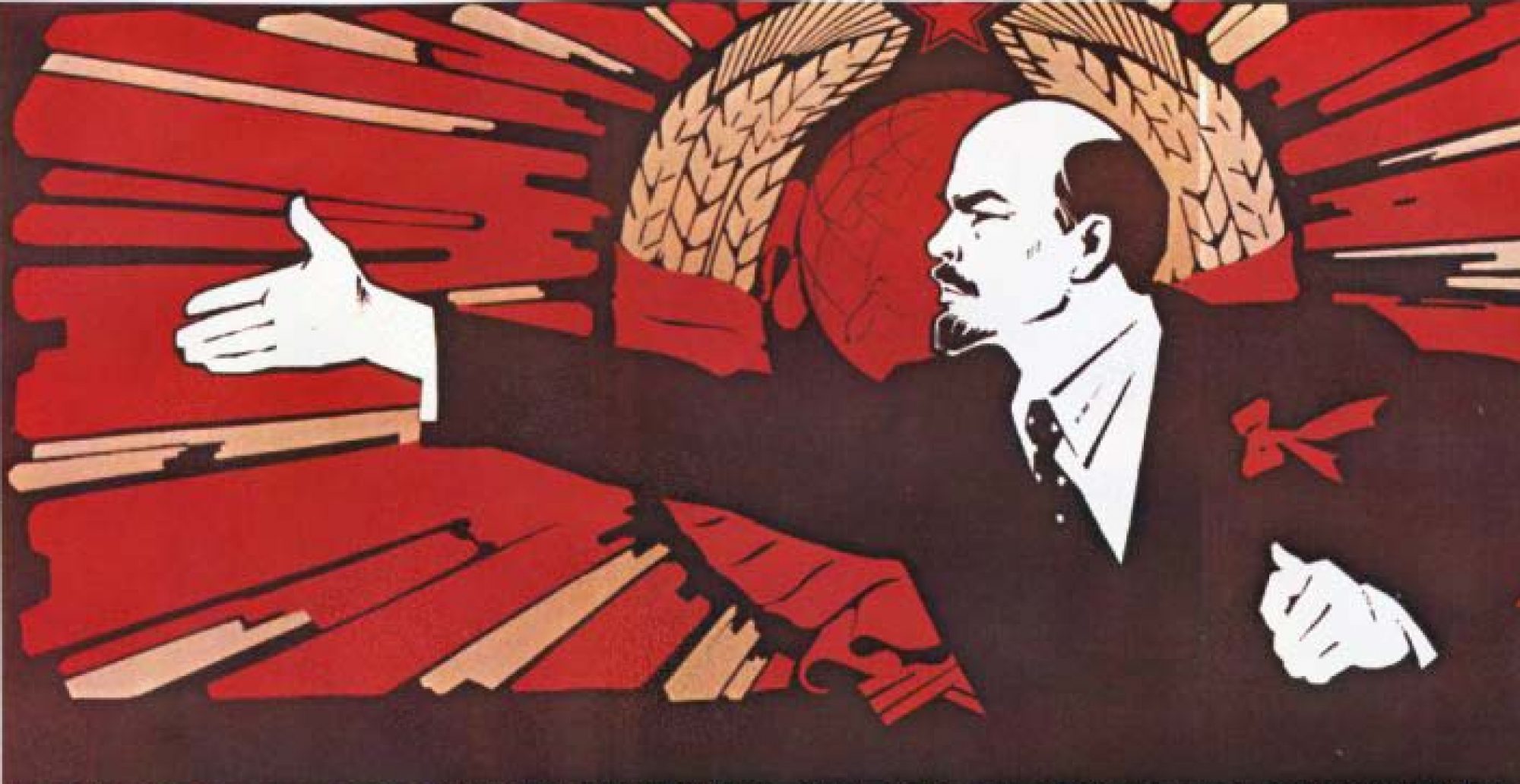5. Borya and Ruslan identify themselves as non-conformists. Consider the scenes where they talk about this issue (especially 18:00-24:00 and 32:00-34:00). What does “rebellion” mean to them? What does Borya mean when he calls it “romantic opposition” rather than genuine opposition? How do you understand the two friends dismissing their children’s generation as obsessed with money and not reading enough books? Do you think they posed a political threat to the Soviet system under Brezhnev? Why or why not?
Rebellion is relative to the situation one is going through and what is personally at stake. To Borya and Ruslan rebellion was more of a fun thing for them. They enjoyed the adrenaline rush and excitement that came from it. That’s what Borya means by “romantic opposition.” As students fighting the system was fun. I think that kind of rebellion is similar to what we consider in the US teenage rebellion. You do wild things that piss people off and break rules because it’s a fun adrenaline rush. At the time you might think you’re protesting conformity, but retrospectively you can see you were more in love with the thrill.
The two friends laugh at the way their kids are not book lovers. For them, reading books was an essential part of their childhood. They felt that books were a form of rebellion. All the news had to offer was updates about the communist party. These books captured real themes and ideas and probably inspired them. The two friends blame the fixation on money on American influence. They talk about how all Americans care about is making money and that money influences your worth as a human being in society. Which is kinda true. Kids everywhere are more interested in anything that is not a book though.
I think as adolescents and as adults Borya and Ruslan would have presented a threat to the age of stagnation. Both of them pursued knowledge through books and books make people think and people who think can present issues to an otherwise stagnated society. Also as rabble rousing teens they could stir the pot and cause a ruckus. As the wizened adults that they are in this film, they would absolutely be a threat. They are both educated and have learned from their youth. They are both capable of seeing the inherent flaws of the system.

Hannah, I had these same thoughts when answering this question, so I felt like it is appropriate to reiterate the points you have made here. I agree completely with their idea of “romantic opposition” as opposition for the thrill of it in a sense, not necessarily for a huge political agenda or revolution. This comes from the elementary idea that it is attractive to do what you aren’t supposed to and have a rush of freedom. It does not mean that you are not in an active mindset of opposition, however, it is more of a personal motivation and sensation of freedom versus it being for the greater good. I love your saying of “you can see you were more in love with the thrill,” because I do believe that is a central theme surrounding teenagers and rebellion, just as it typically is in American films of this same age group.
I do believe that they would be a threat to the Soviet government under Brezhnev solely because of their deeper sense of questioning, just like we see with Alexeyeva and the kompaniya.